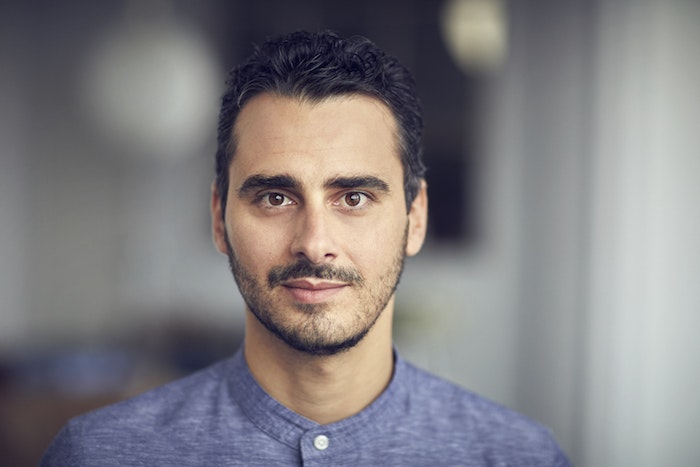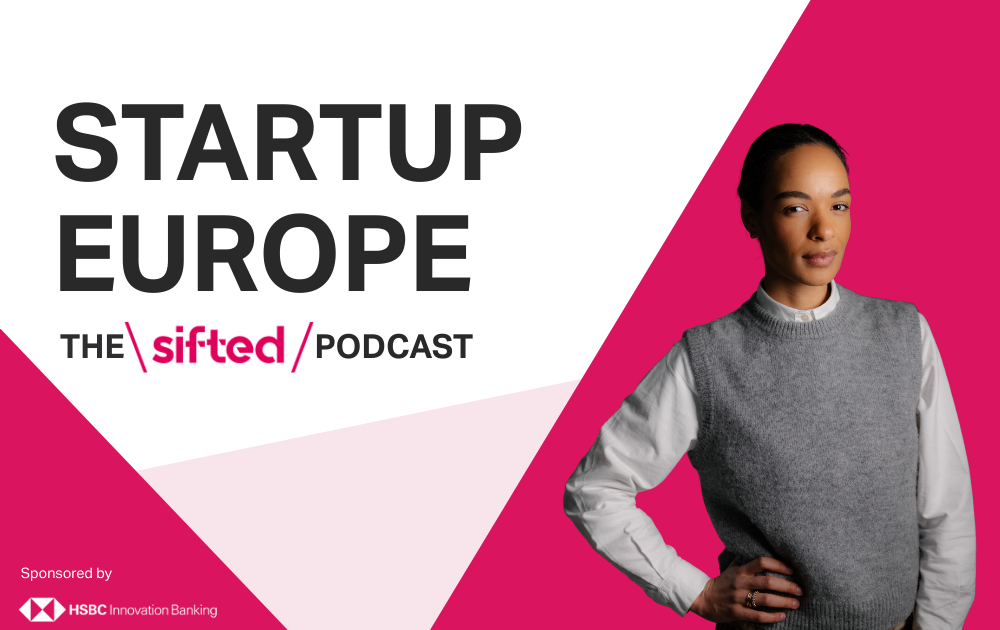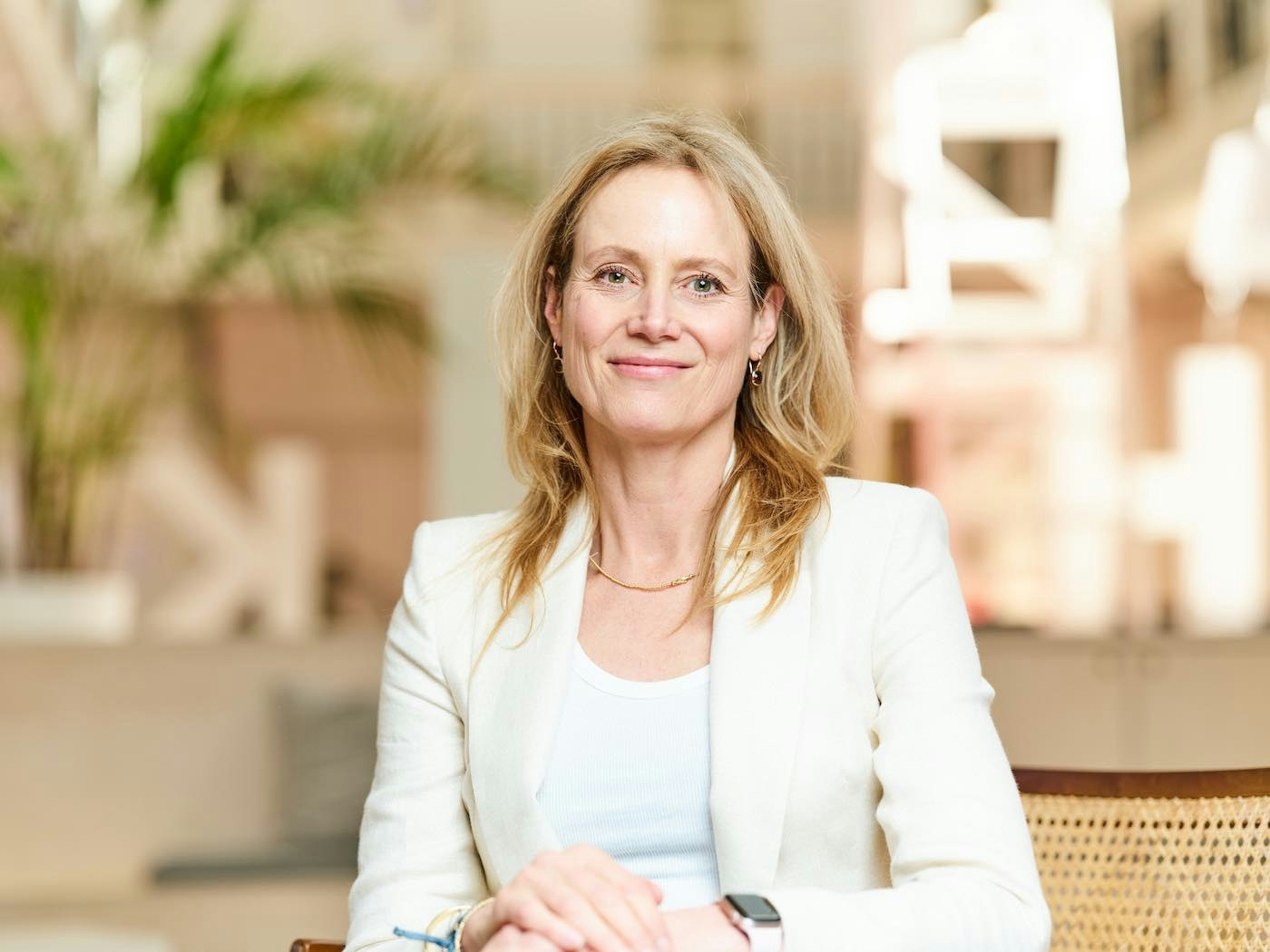It’s not a bad time to be a consumer-focused VC firm in Europe.
On-demand food delivery is spicier than ever, consumer fintechs and insurtechs are raising huge rounds, ‘future food’ startups are cropping up all over the continent, healthtech is in the limelight like never before and ecommerce adoption has accelerated massively.
Heartcore, the Copenhagen, Paris and Berlin-based VC, is hoping to ride that wave.
It's just raised a new $200m early-stage fund to invest in around 30 consumer businesses across Europe. Its backers include big institutional investors like the European Investment Fund and also — for the first time — 25 founders from its portfolio.
It's also raised its second opportunities fund, of $50m, to back five or so stand-out companies from its portfolio through their growth rounds.
The big opportunity in ‘opportunities’ funds
Early-stage VCs in Europe — including Balderton, LocalGlobe, Octopus and Dawn Capital — are increasingly raising ‘opportunities’ funds to back their portfolio companies (and sometimes companies they ‘missed’ earlier) at growth rounds.
The opportunities fund is about being able to continue backing the breakout companies within the portfolio.
“The opportunities fund is about being able to continue backing the breakout companies within the portfolio,” says Yacine Ghalim, partner at Heartcore. So, for example, when portfolio company GetYourGuide raised a $484m round led by SoftBank in May 2019, Heartcore could participate — from its ‘progression’ fund.
“Particularly with the round sizes we’re seeing, when growth rounds come, it’s hard to keep investing and do our pro rata out of the main fund, which is why we’ve got this side fund.”
It’s also a way for VCs to increase the ‘products’ they have on offer for their investors — the LPs (limited partners).
“Not all LPs are interested in the same risk profile. The earlier-stage fund is higher risk, higher reward. When those bets work out, they really work out. Some LPs love that, and that’s what they want to get.”
“Some LPs are looking for a slightly different risk reward profile; they’re looking for things which are partly derisked — and also have lower returns.”
“Separating these two funds allows you as a VC to talk to different audiences.”
From its first progression fund, Heartcore invested in four portfolio companies (Tink, GetYourGuide, TravelPerk and Peakon), some across multiple growth rounds. With its second progression fund, it aims to also back four or five ‘breakouts’.
The core fund
As with its previous early-stage fund, Heartcore will continue to invest in “any big categories of consumer spending which are not penetrated by tech; where there’s no big consumer brand.”
Its portfolio so far includes four ‘unicorns’ (GetYourGuide, Tink, Boozt and Neo4j), along with virtual food brand startup Taster, on-demand grocery delivery company Weezy and podcast platform Podimo. So far this year, it’s announced investments in lab-grown foie gras startup Gourmey, campervan rental platform Roadsurfer, migrant mobile banking app Majority and ‘older people’ healthtech Omohealth.
Heartcore typically writes cheques ranging from €300k to €6m, averaging around €2m.
Its first two early-stage funds (this latest is its fourth) are tracking above 5x multiple on invested capital (MOIC) — one of the measures by which VC funds are compared by LPs.
“Our funds are consistently in the top decile,” says Ghalim.

Founder LPs
What’s new for this fund, however, is the participation of the 25 founders as LPs.
They include Phillip Chambers and Kasper Hulthin from HR tech startup Peakon, Paul Crusius and Marco Vietor from hearing healthtech Audibene, Morten Strunge from Podimo, Max-Josef Meier from car subscription service Finn and Hermann Haraldsson from online fashion company Boozt. None of the 18 female founders from Heartcore’s portfolio took up the offer.
“We’re fortunate to have founders that have liquidity and have exited companies, and they came to us and were like, we would love to invest in early-stage tech but might not have the bandwidth to be active business angels in 20 companies…”
“On our end, we felt it was a great way to bring entrepreneurs and operators that had done it before closer to some of our portfolio companies,” adds Ghalim. “We think they’ll help us when it comes to sourcing and we do interesting deals, we’ll invite them to co-invest [as angels]. We hope they’ll take an interest, but there’s no requirement. It’s purely trust-based.”
What’s next?
“We’re looking a lot at crypto and ‘Web 3’,” says Ghalim; the shift towards decentralised data and edge computing. “We see that as the next platform.”
“We think Web 3 can perhaps redefine all those consumer businesses — like Uber, Airbnb, Facebook, Spotify — and create decentralised versions of them.”
“What happened with Web 2 — the social [media] age — is that a lot of the value that was created essentially flowed to the centre, to those big companies, and they created trillions of value. But when you think about it, very few people benefited from that; mainly the early investors of these companies and the early team.”
[But what if] all of us — the users of Facebook, the drivers of Uber, guests and hosts at Airbnb — owned equity in these projects?
“[But what if] all of us — the users of Facebook, the drivers of Uber, guests and hosts at Airbnb — owned equity in these projects? What if you wanted every Uber driver to have a share in Uber every time they worked? Web 3 is a revolution because it provides this tool; it will enable a lot of the value created to flow to the edges of the networks.”
NFT (non-fungible tokens) auction marketplace OpenSea is an example of how this might work, adds Ghalim. “It’s like a decentralised version of Sotheby’s or Christie’s.”
“I think these things will emerge in the next 10 years or so.”



